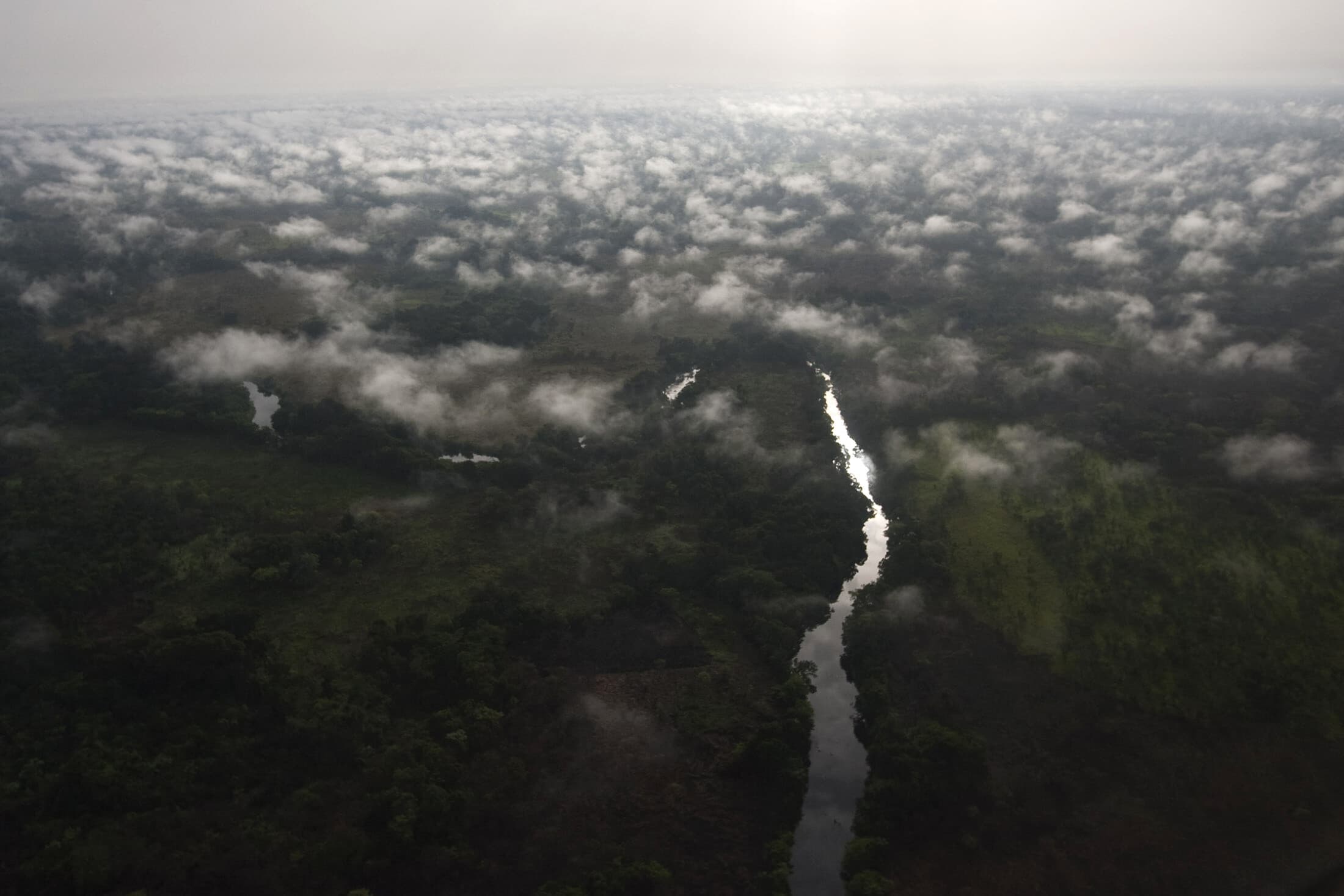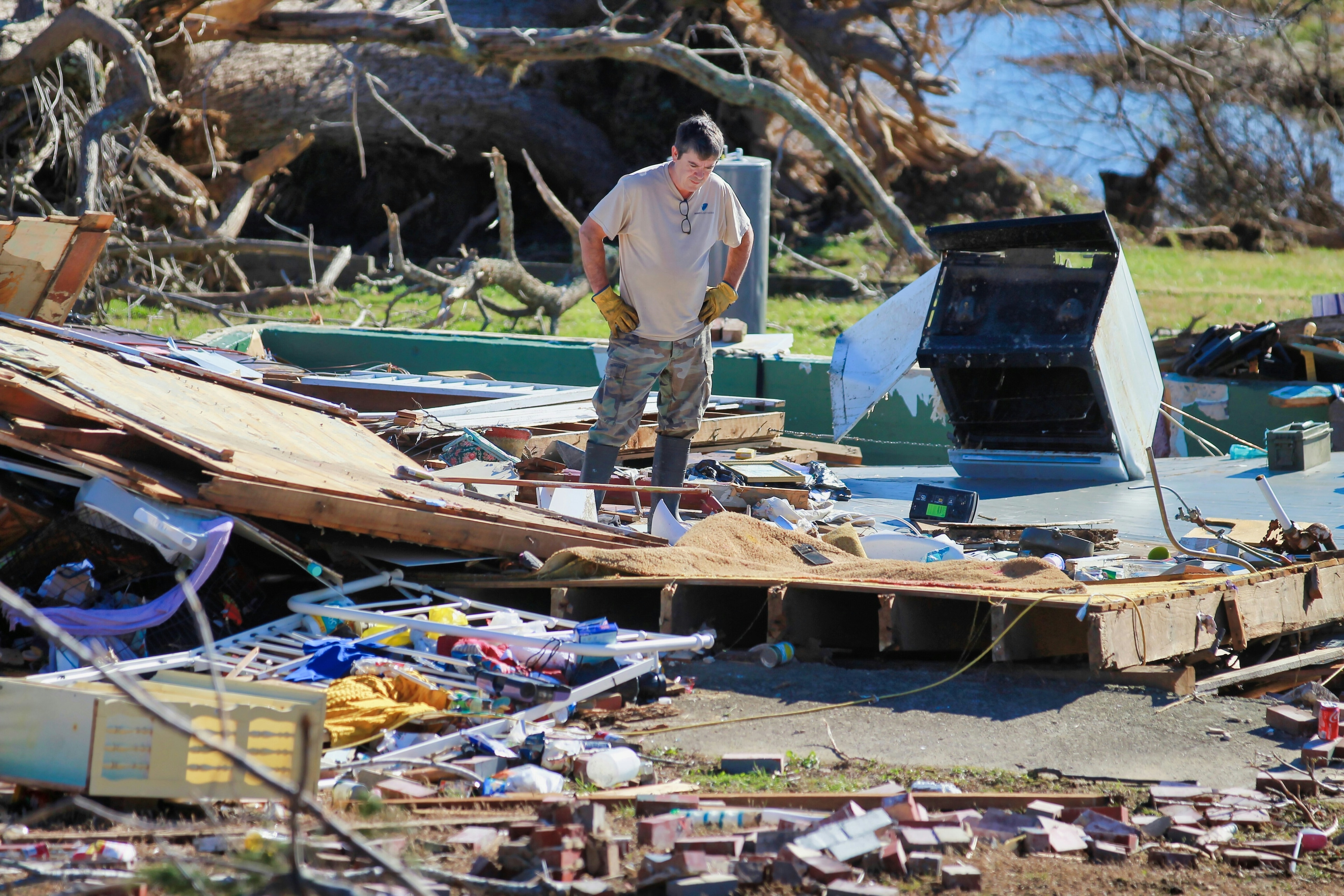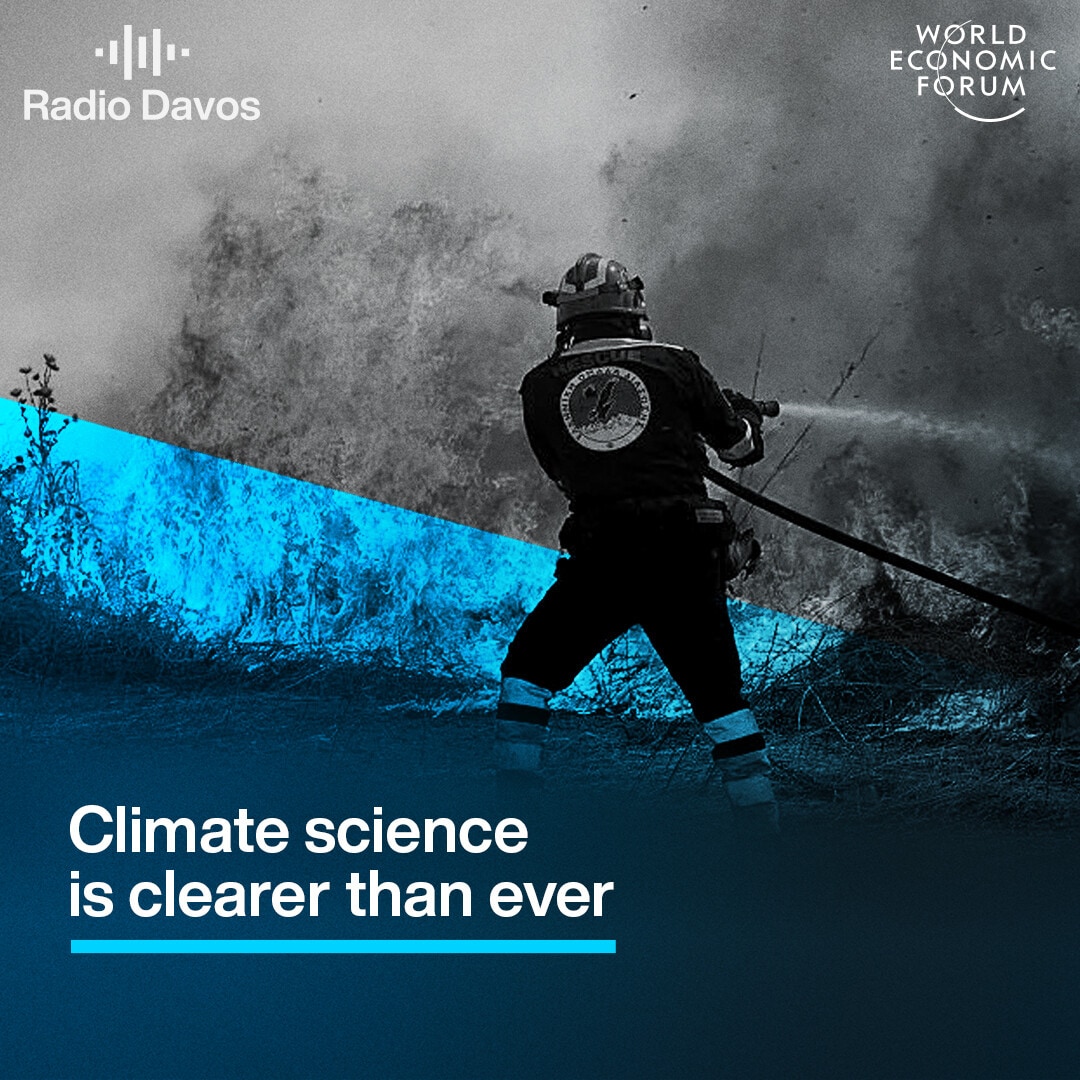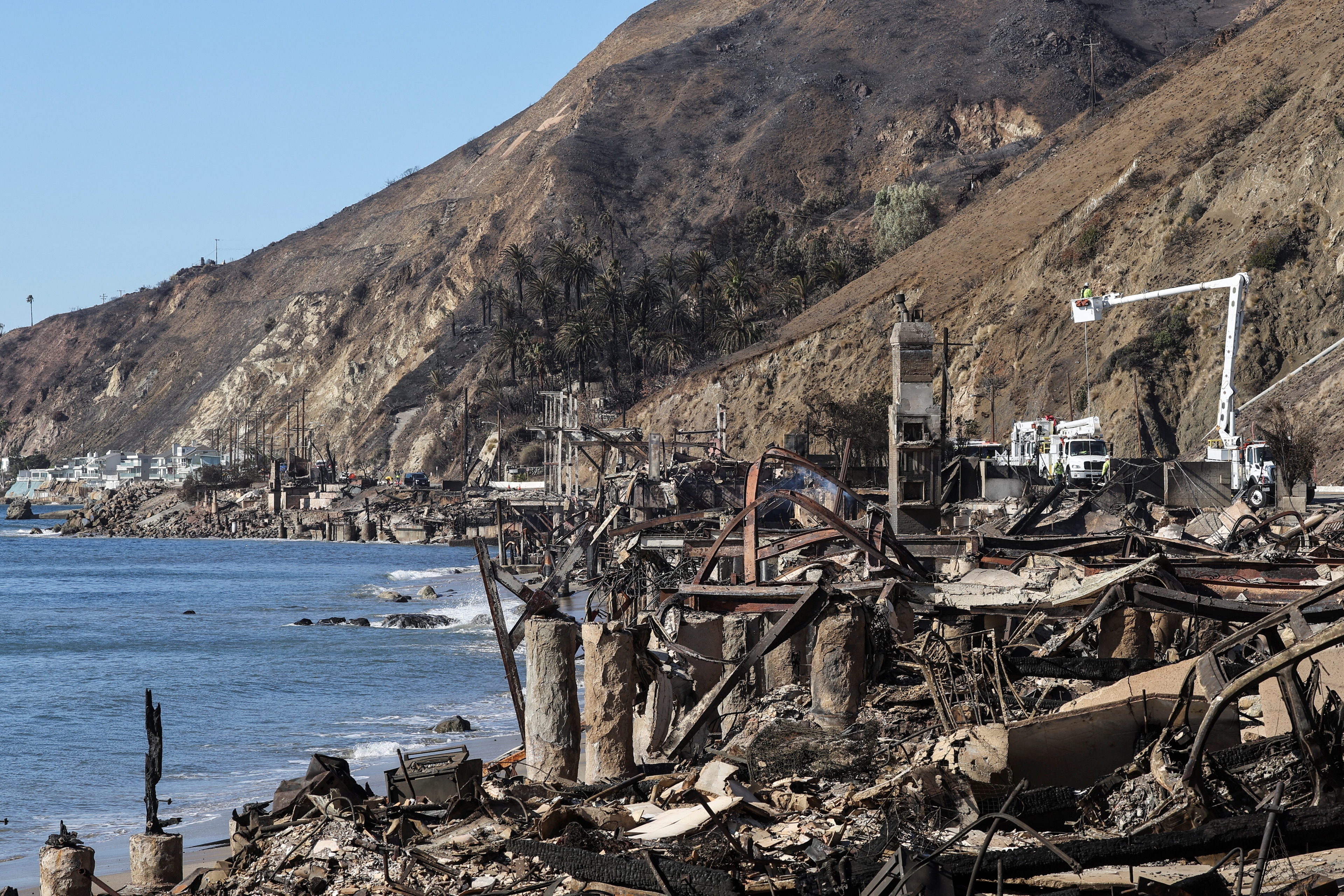A G20 task force wants companies to come clean on climate risk

The Task Force on Climate-Related Financial Disclosures will ask companies how they're managing the risk to their business from climate change.
Image: REUTERS/Torsten Blackwood
Stay up to date:
Future of the Environment
Companies will be asked to disclose how they manage the risks to their business from climate change and greenhouse gas emission cuts by a global task force set up to try to prevent market shocks from the warming of the planet.
Although the measures recommended by the Task Force on Climate-Related Financial Disclosures (TCFD) are voluntary, some of its members argue they should become mandatory.

"Only then will climate risk become integral to corporate governance and how we all do business," Mark Wilson, chief executive of insurance firm Aviva Plc, said in a statement.
The TCFD was called for by the Group of 20 economies and set up by the G20's Financial Stability Board (FSB).
It recommended on Wednesday that companies disclose how they identify, assess and manage climate risks and opportunities and how risks in the short, medium and long- term impact their business, strategy and financial planning.
They should also describe the potential impact of limiting global temperature rise to 2 degrees C on their business, and how greenhouse gas emission cuts will impact their bottom line.
"The disclosure recommendations will give financial markets the information they need to manage risks and seize opportunities stemming from climate change," Bank of England Governor Mark Carney, who chairs the FSB, said.
Concerns among the financial community are growing that assets are being mispriced because the full extent of climate risk is not being factored in, threatening market stability.
According to Barclays, the fossil fuel industry could lose $34 trillion in revenues by 2040 as a global deal to limit temperature rise to well below 2 degrees Celsius reduces demand for oil, coal and gas, turning reserves into stranded assets.
There are also calls for increased company transparency.
U.S. oil company Exxon Mobil Corp. is currently being investigated in the United States on whether it misled investors and the public about climate risks.
The TCFD wants all financial and non-financial organisations with public debt or equity such as asset managers, insurance companies, endowments and foundations to implement its recommendations.
It has 32 members from large banks, insurance companies, asset management companies, pension funds, credit rating agencies and accounting and consulting firms.
A 60-day public consultation will run until Feb. 12, 2017 to get feedback on the recommendations. (www.fsb-tcfd.org/) (Editing by Alexander Smith)
Don't miss any update on this topic
Create a free account and access your personalized content collection with our latest publications and analyses.
License and Republishing
World Economic Forum articles may be republished in accordance with the Creative Commons Attribution-NonCommercial-NoDerivatives 4.0 International Public License, and in accordance with our Terms of Use.
The views expressed in this article are those of the author alone and not the World Economic Forum.
Related topics:
Forum Stories newsletter
Bringing you weekly curated insights and analysis on the global issues that matter.
More on Climate ActionSee all
Matilda Gennvi and Dan Andersson
September 1, 2025
Iyanuoluwa Aliu and James Balzer
August 29, 2025
Emily Bayley
August 28, 2025
Ekhosuehi Iyahen, Daniel Murphy and Andre Belelieu
August 27, 2025




